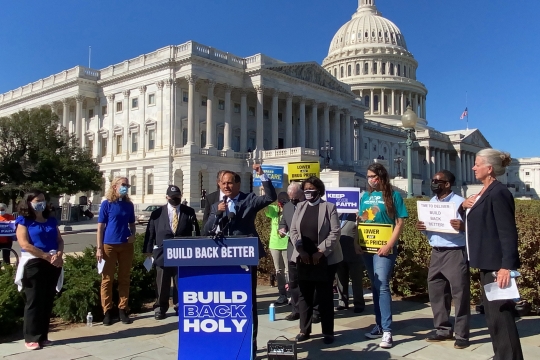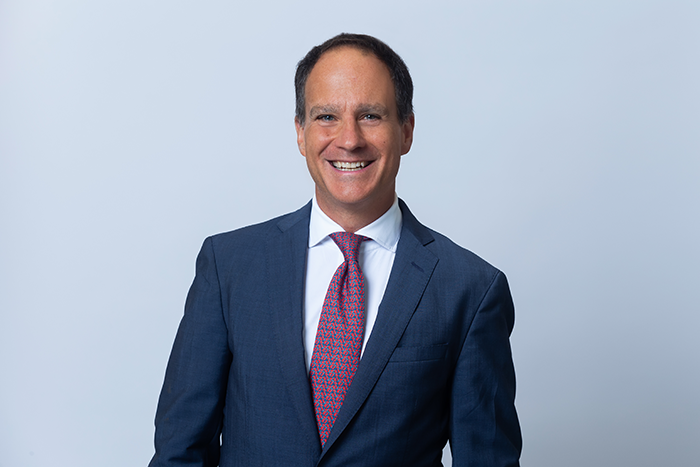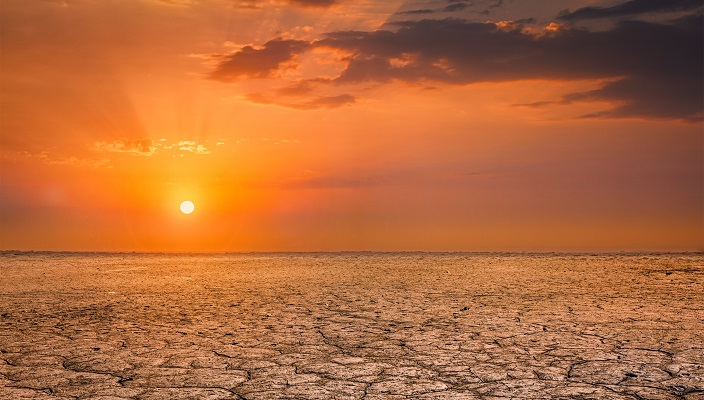
As the COVID-19 pandemic escalates, many of us are grappling with a newfound vulnerability. It is natural to worry about our families and communities as we confront a major crisis and the question of how a community ought to respond to serious danger comes up throughout our sacred texts.
Last week, we celebrated Purim, the quintessential tale of Jewish defense. Our people have often been a fragile minority and it would be tempting for the Purim narrative to reign supreme: “They tried to kill us, we won, let’s celebrate.”
But our tradition’s true master story will in fact be marked three weeks from now during Passover, when we celebrate the Exodus from Egypt. The lesson that comes from escaping Pharaoh’s bondage transcends reveling in our own survival. Shortly after the parting of the sea and the encounter at Sinai, God commands the Israelites, “Do not mistreat or oppress a foreigner, for you were foreigners in Egypt” The text continues, "Do not take advantage of the widow or the fatherless." (Exodus 22:21-22). The Torah connects our experience of slavery with a command to have empathy for all those who are least protected by society. Over and over again, the biblical text connects our experience of slavery with a radical empathy for all those who suffer.
Soon after our liberation from Egypt, our ancestors were journeying through the wilderness and confronted a new threat: Amalek. The archetypal enemy of the Jewish people, Amalek is often compared to Purim’s genocidal antagonist, Haman. But we read in Deuteronomy that Amalek’s attack on the Israelites in Sinai “cut down all the stragglers in [the] rear.”
One famous commentary posits that the sin was not Amalek’s but our own, because we allowed stragglers to be at the rear. How could we have left the orphan, widow and stranger, the least able, the elderly, to straggle behind? Those most in need should have been at the center.
As we prepare to confront the suffering that COVID-19 will wreak in North America, many of us are blessed with access to health care providers and a support network. We may suffer from social isolation and financial hardship, and we may face illness and even death. Ultimately, though, our community will survive. But the Exodus reminds us that our survival cannot stand alone. We must see our own struggles reflected in those of others. We must see those facing this pandemic while stranded in refugee camps along the U.S.-Mexican border; we must see those locked in prisons, or living unsheltered on the streets; we must see the victims of domestic violence forced to quarantine in a home with their abuser; we must see the low-wage worker deciding between risking their health and that of their family and being able to buy food or pay rent.
We must put those most vulnerable during this crisis at the center.
In his seminal book Exodus and Revolution, Michael Walzer concluded that Exodus taught us three things: “First, that wherever you live, it is probably Egypt. Second, that there is a better place, a world more attractive, a promised land. And third, that the way to the land is through the wilderness.”
The Reform Movement prayer book, Mishkan T’filah, has adapted Walzer’s teaching with a prayer for redemption, read in connection with Mi Chamochah, that is especially relevant at this moment:
Standing on parted shores of history
we still believe that what we were taught
before ever we stood at Sinai’s foot;that wherever we are, it is eternally Egypt
that there is a better place, a promised land;
that the winding way to that promise
passes through the wilderness.That there is no way to get from here to there
Except by joining hands, marching
Together.
Our tradition requires of us shared empathy and solidarity in the face of danger. The coronavirus is sweeping across a broken world. Defeating it will require us to see the humanity in one another and commit to fight for justice during this unprecedented moment of need.
As we plunge into this unknown together, may we take comfort in the knowledge that our people have been here before. Not only have we made through the wilderness intact, we’ve done so while holding on to God’s mandate of justice and mercy for all.
ACT NOW: Our Legislative Director Allison Grossman has laid out a clear call for Congress to protect those most vulnerable to the coronavirus, and you can use the RAC’s online tool to encourage elected officials to take concrete action toward that end.
Photo credit: “Mr. Theklan”/ CC BY-SA 2.0'
Related Posts
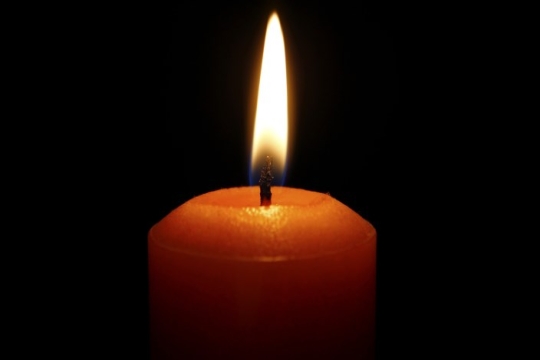
Honoring the 1 Million Lives Lost to COVID-19 in the United States
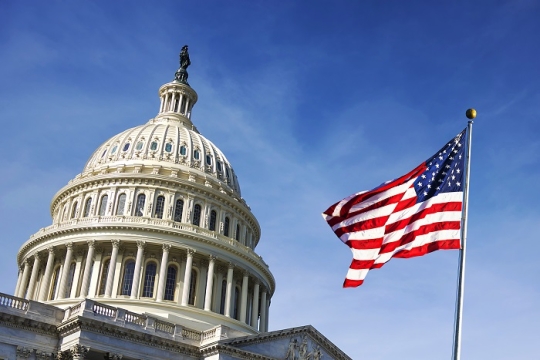
Looking Back and Looking Forward: Legislative and Executive priorities for 2022
